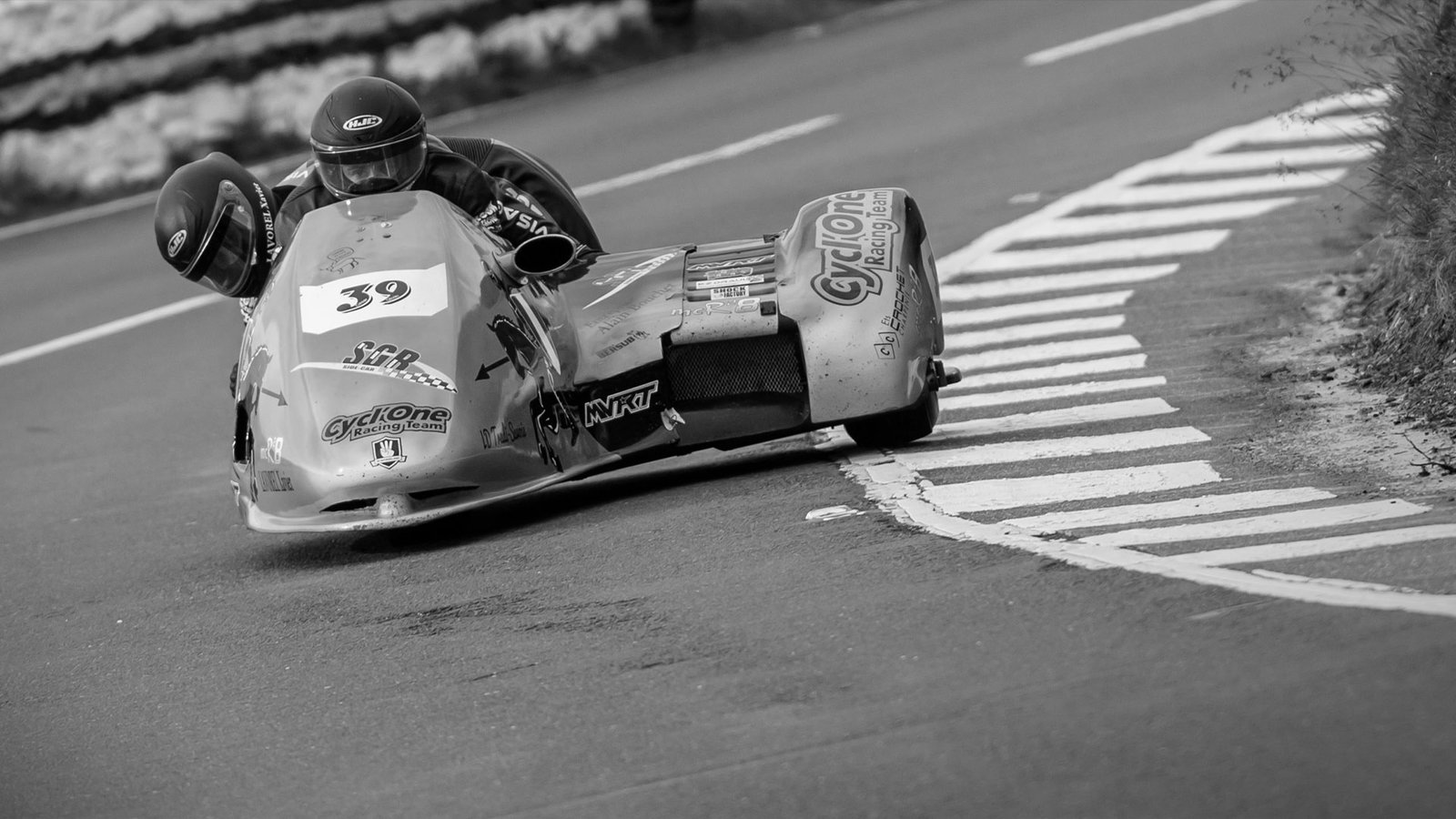Originally, “amateur” categories in sport were created so that people (usually “gentlemen”) that enjoyed their sport but also had other everyday life obligations could compete against each other in more “fair conditions”.
If any of them decided to be a full-time professional then they would have an advantage over the rest, but sport was just meant to be fun and not a lifelong dedication.
Such institution has been eroded over time. First it happened with Association Football already back in the XIX Century, when some players would be able to be paid to play or work for their teams.
The institution of the “gentleman game” was left behind and as a result the sport globalized and has become a billionaire industry.
In other sports -also with an Anglo origin- such as Tennis professionals were at some point barred from playing in some of the most important tournaments, namely the Grand Slams. For those of us born in the Open era it is normal to see the best tennis players in the world competing at the Grand Slams, but the this era only started in 1968.
This week, the US Golf Association (which governs golf in the US and México) and The R&A (which governs it in the rest of the world) announced plans to eliminate all sponsor-related restrictions for “amateur golfers” and to allow them to receive up to $750 USD in tournaments.
It was just a matter of time. The reality is that “amateur golf” or “amateur tennis” are dominated by full-time players. Recreational players do not have a shot at beating, say, the top university-level players in the world. They indeed have to study at the same time but the practice time, physical preparation and competitive environment they receive cannot be equated along the recreational players that we see at Charity Pro-Ams.
Today, “amateur” has come to mean “inferior tier”. That is fine. From those tiers (such as the college or ITF Circuits) athletes can evolve into the professional arenas or move on to other things in life.
Exactly because it is a training ground it is in the best interest of the sport to allow them to have the best preparation possible without finances being an important burden. This will lead to better athletes, more well-rounded individuals and more accessible and inclusive sport. This is all good.
As for recreational players competing against each other, there will always be ways. In Auto Racing, Le Mans has implemented a GTE-AM category where “gentlemen drivers” team up alongside the world’s best. This is good. It brings money to the sport, world-class drivers are employed and the amateurs also get a chance to compete at the world stage.
Tournaments could implement policies such as “tournament exemptions”, hybrid teams and other ways so recreational athletes can also get a shot to be part of the party. But for the moment, realizing that “amateur” and “recreational” are no longer the same is a step in the right direction.



